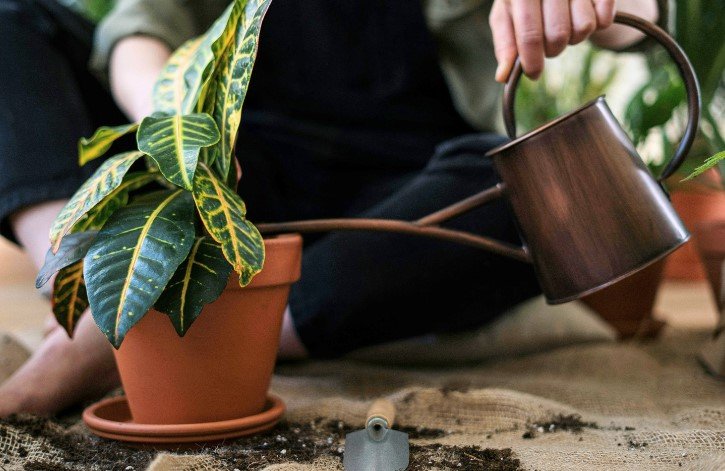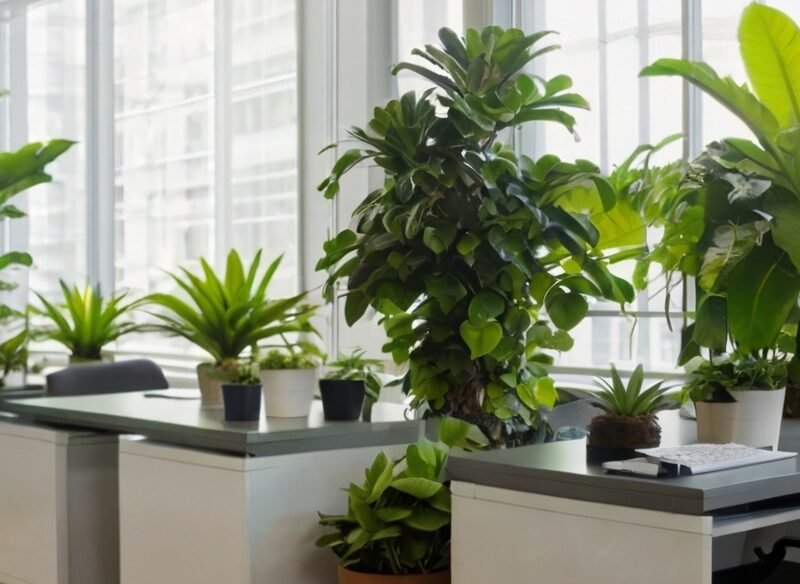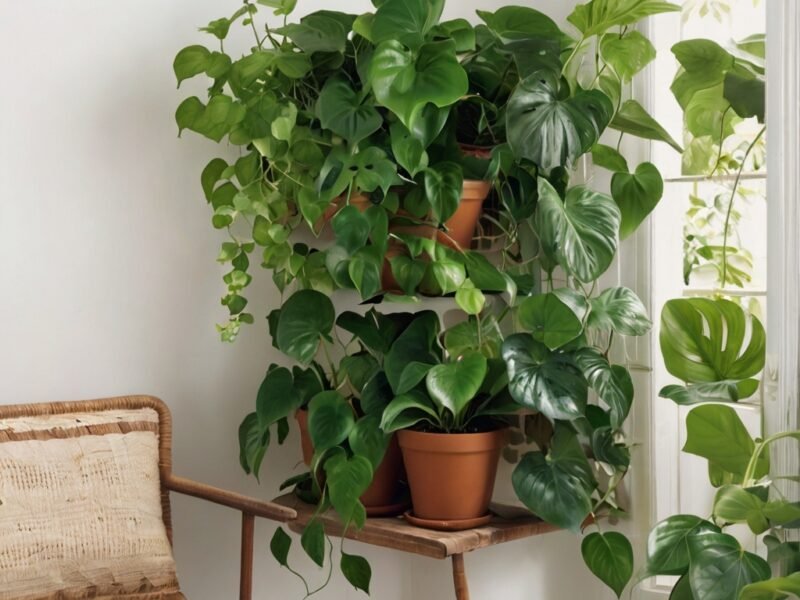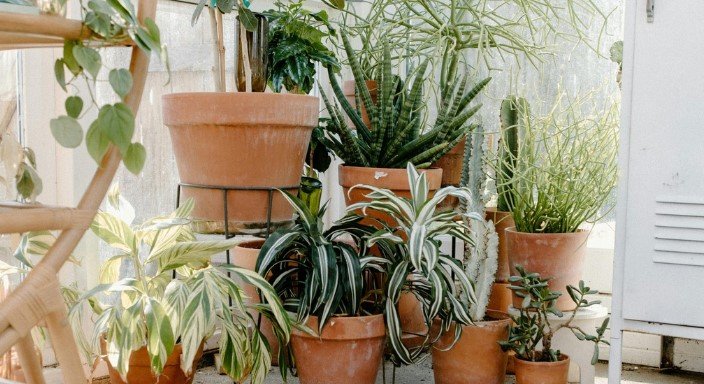Best 7 Benefits of Gardening
The aesthetic beauty of gardening is not the only benefit it has, it has some other energy. Watering plants or taking care of a plant can produce a positive effect on your own, which the comprehensible science reveals. The main effect of physical exercise includes the attainment of a healthy weight and blood pressure levels, and just by spending time in contact with nature, you can improve your mood and level of mental health
Lean in, put on‘ gloves and use‘ shovels,‘ rakes,‘ etc., this spring and summer. Here’s how tending to your garden beds will benefit you in the long run:
1. One should know that taking care of a garden is calorie demanding activity.
Good news for those who already spend hours planting perennials: What more than cauliflower, broccoli, cabbage, and other veggies could possibly say about keeping a garden and also take you through the moderate-intensity realm of exercise. You can burn a great number of calories (about 330 in 1 hour of gardening and yard work) in one hour — even walking at a moderate pace is not as effective as gardening — according to the CDC.
2. By that it can manage your blood pressure.
Only 30 minutes of moderate physical activity, such as walking, biking, etc., can help you keep your blood pressure levels from increasing or not surpassing normal limits. Interestingly, The National Heart, Lung, and Blood Institute gives an advice to engage oneself in gardening or raking leaves for 30 minutes to 45 minutes daily to benefit from this training.
3. Outdoor activities are beneficial when it comes to your every bone in your body.
With outdoors and your skin being open to the sun vitamin D is stimulated to be made by the body. Vitamin D is also present in fish and is found in some fortified foods like milk. According to the National Institutes of Health, this vitamin along with calcium promotes healthy bones as both are required by the body.

4. Your own food production is important as far as your diet makes you healthy in particular.
You get to work out physically as you tend to your vegetable garden but to have a successful plot you solve it by supplying fresh and healthy products. According to the Dietary Guidelines, one should therefore take in at least 2 cups of various vegetables and 1½ cups of fruits daily which will ensure the body gets required nutrients and the risk of chronic disease is reduced. While these guidelines uncover the fundamental knowledge of healthy nutrition, however, just 10% of Americans abide by such recommendations, the CDC found out.
Gardening is responsive to people’s desire to increase their fruit and vegetable intake, a perceivable aspect relevant to the facts from the 2016 study by the University of Florida Institute of Food and Agricultural Sciences. The hypothesis that move here, possible, is that by offering the crisp greens, it becomes not the least more probable for the toddlers to sample and perhaps enjoy foods that they had avoided before.
5. While outside taking care of plants, our proof of happiness is not necessary, but the result is similar.
Gardening has been found to have a positive correlation with decrease of depression and anxiety symptoms. A comprehensive review of 22 cases published in the Preventive Medicine Reports in 2017 quantified it.
Contrary to what most people believe, some healing centers also use gardening and flower laying as part of their rehabilitation process for individuals recovering from injuries, strokes, surgeries, and other situations. It also help to archive these benefits when they are outside of the healthcare.
6. It may be a way to get social identity and be part of community.
Party never in vain, for neither the loneliness is this job, nor is it expected. The levels of self-esteem, total mood disorders and general health were in the favor of people who worked in allotment gardening, as the studies in 2016 published in Journal of Public Health indicates. Unbelievably more practical, it’s an activity that almost anyone can enjoy. Fried organizes the horticultural therapy sessions on every Tuesday for Alzheimer’s patients which the caretakers and the family members are also encourage to participate in the activities.
7. Plowing a garden may lead to happiness of an individual.
Growing plants in the regulation also aid improve your mood. The meta-analysis study published in 2017 highlighted how gardening raises one’s quality of life and reduces mood disturbances.
A still small voice that may just have something to do with your new life perception.










